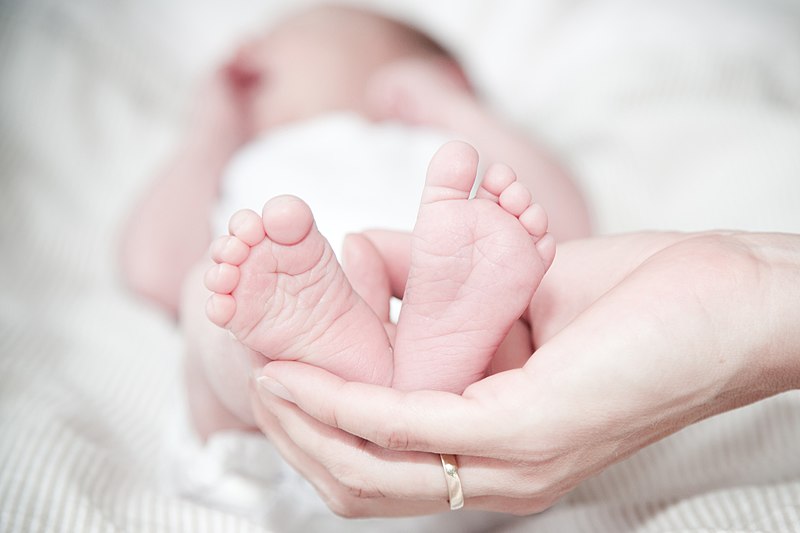The number of babies born in Belgium has declined since last year, with 11% fewer births this past January when compared to 2019.
“During the first lockdown, the IVF treatments were stopped. There was fear of coming to the hospital, fear of getting Covid-19 during pregnancy, and economic insecurity,” Gynecologist Bénédicte Denys told De Standaard, offering possible explanations.
“All life came to a standstill. It is too romantic to think that people who are forced to be at home will suddenly have a child. People are really thinking about that decision more consciously.”
Other EU countries saw similar declines in birth rates over the same nine month period from when the lockdown started.
In Italy, the birth rate dropped by 21.6%. In Spain, that number was 22.6%, and in France it decreased by 13%.
Related News
- EMA meets to reconsider AstraZeneca's vaccine
- Obesity, drug abuse and depression in Flanders increased during coronavirus crisis
Despite these initial figures, hospitals in Belgium are preparing for more babies in 2021 overall.
“We expect an increase of 250 to 300 births for the whole year,” Peter Peeters, a board member for ZNA hospitals in Antwerp, told De Standaard.
“The midwives have already raised the alarm because there are waiting times for the consultations for pregnant women. We are also providing more staff in the delivery quarter in April, because we actually expect an increase then.”
The coronavirus measures are thought to have had an impact on pregnancy and birth, in that fewer babies are being born premature, something attributed to women contacting fewer infections as a result of greater isolation.
In Belgium, 8,621 children were born in January this year, which was 1,035 fewer than in January 2020. The birth rate was also 7% lower for December 2020 when compared to 2019.
The data comes from Statbel, the organisation that tracks statistics related to Belgium.
Helen Lyons
The Brussels Times

